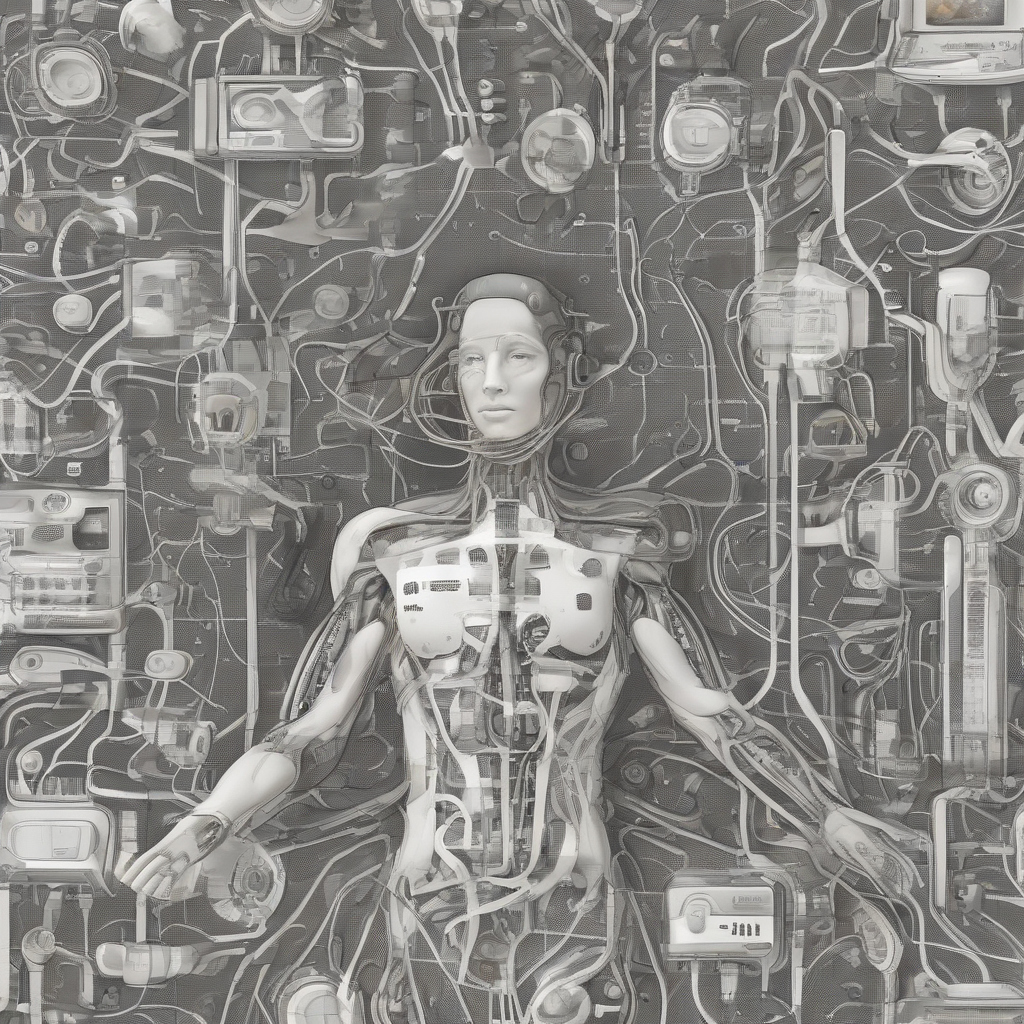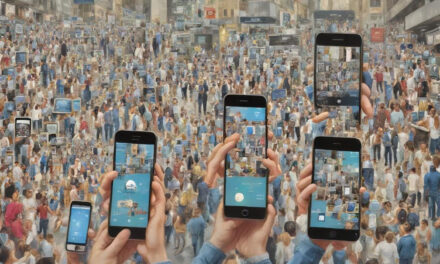In today’s ever-changing society, the bond between humans and technology has grown increasingly intertwined, significantly influencing our lifestyles, work dynamics, and interactions. This mutual relationship is marked by a complex blend of innovation, adaptation, and societal consequences, showcasing both the potential for progress and the challenges stemming from our reliance on technology.
Fundamentally, the human-technology relationship stems from our innate drive to enhance human capabilities and enhance our quality of life. From ancient inventions like the wheel to modern marvels such as smartphones and artificial intelligence, technology has consistently served as a tool to extend human abilities and overcome natural limitations. Through inventive thinking, we’ve utilized technology to revolutionize how we communicate, travel, access healthcare, and more.
However, this partnership isn’t devoid of complexities and ethical dilemmas. With technology advancing at an unprecedented pace, concerns about privacy, individual autonomy, and societal fairness have come to the forefront. The proliferation of surveillance tools, biases embedded in algorithms, and the displacement of jobs due to automation raise crucial ethical questions that require careful consideration.
Furthermore, the human-technology relationship is fluid and continuously evolving, responding to shifts in societal norms, values, and demands. As we integrate new technologies into our lives, they shape our culture, influencing everything from how we socialize to the structure of our economies. For instance, the advent of social media has transformed interpersonal connections, giving rise to virtual communities and reshaping our digital identities.
Despite the challenges, this relationship also presents significant opportunities for positive change and collective advancement. Through collaborative innovation and responsible management of technology, we can address pressing global issues like climate change, healthcare accessibility, and economic disparities. Technologies such as renewable energy solutions and telemedicine platforms have the potential to drive meaningful societal transformations.
Ultimately, the human-technology relationship mirrors our collective aspirations and values as a species. It reflects our curiosity, creativity, and ambition to push the boundaries of what’s achievable. As we navigate the complexities of the digital age, it’s crucial to approach this relationship with mindfulness, empathy, and a commitment to ethical principles.
In conclusion, the intricate bond between humans and technology defines our modern era, profoundly shaping the trajectory of human civilization. By promoting responsible innovation, ethical leadership, and inclusive decision-making, we can leverage technology’s potential to create a more equitable, sustainable, and interconnected world. It’s through our ongoing collaboration with technology that we have the opportunity to realize our highest aspirations and foster a brighter future for all.





I recently read an article on the impact of technology on mental health, and I found it to be a thought-provoking and informative piece. The article explored the various ways in which technology, such as social media and video games, can have both positive and negative effects on mental health.
One aspect of the article that I found particularly interesting was the discussion of how technology can contribute to feelings of isolation and loneliness, despite its potential to connect people across the globe. The author highlighted the importance of setting boundaries and taking breaks from technology to maintain a healthy balance in our lives.
Another point that resonated with me was the emphasis on the need for more research and education on the impact of technology on mental health. The author noted that while technology can be a valuable tool for communication, entertainment, and education, it is essential to understand its potential risks and how to use it in a healthy and responsible way.
Overall, the article was a great reminder of the importance of being mindful of our technology use and taking steps to ensure that it supports, rather than detracts from, our mental health and well-being. I would highly recommend this article to anyone interested in the intersection of technology and mental health.
Thank you for sharing your thoughts on the article about technology and mental health. I completely agree with your insights on the impact of technology on our well-being. It’s crucial to be aware of how our use of technology can affect our mental health and to take proactive steps to maintain a healthy balance.
Setting boundaries and being mindful of our screen time are essential practices in today’s digital age. It’s encouraging to see discussions around the need for more research and education on this topic to help individuals make informed choices about their technology use.
I appreciate your perspective on the importance of understanding both the positive and negative effects of technology on mental health. It’s a complex issue that requires ongoing attention and awareness. Thank you for highlighting these key points from the article and for emphasizing the significance of responsible technology use for our overall well-bein